PV Solar vs Geothermal
kpniehaus
12 years ago
Related Stories
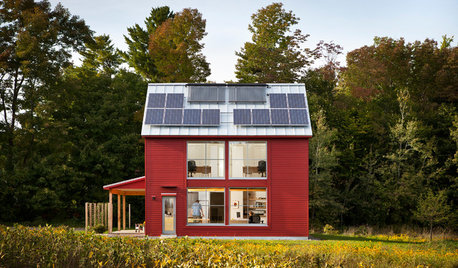
GREEN BUILDINGGoing Solar at Home: Solar Panel Basics
Save money on electricity and reduce your carbon footprint by installing photovoltaic panels. This guide will help you get started
Full Story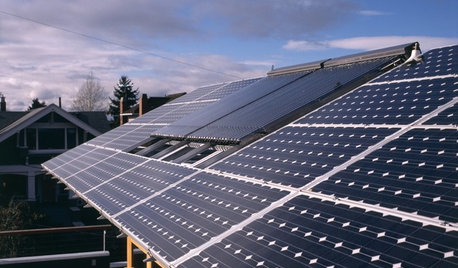
GREEN BUILDINGLet’s Clear Up Some Confusion About Solar Panels
Different panel types do different things. If you want solar energy for your home, get the basics here first
Full Story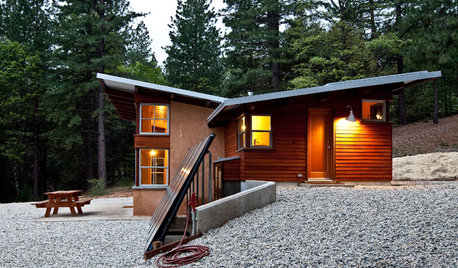
GREAT HOME PROJECTSHow to Add a Solar Water Heater
Lower energy bills without a major renovation by putting the sun to work heating your home’s water
Full Story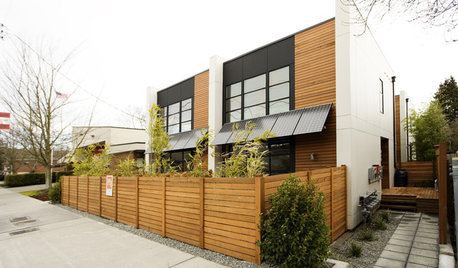
REMODELING GUIDESHigh Design With Solar Panels
Solar panels find new function as elements of smart home design
Full Story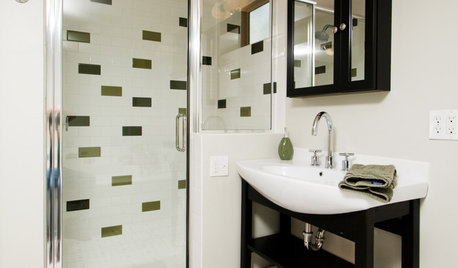
REMODELING GUIDESContractor Tips: 5 Easy Ways to Get a Greener Home
Forget a fleet of solar panels (for now). These ideas can make your home a whole lot greener when money or time is in short supply
Full Story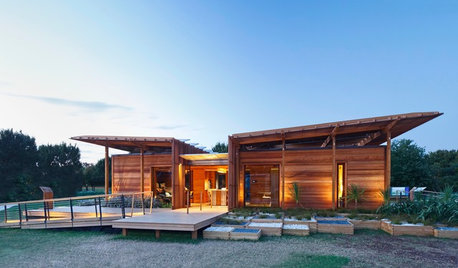
GREEN BUILDINGStudents’ Award-Winning Home Leaves Small Footprint
A cost-effective, solar-powered New Zealand prefab home has good looks to match
Full Story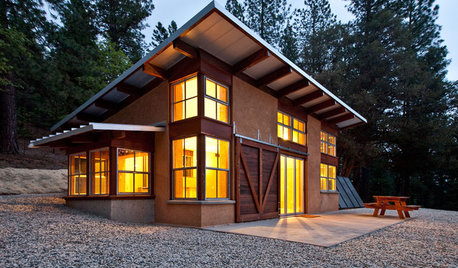
HOUZZ TOURSHouzz Tour: California Cabin Ditches the Power Grid
Solar energy powers a modern, expandable vacation house among the trees for a family with two children
Full Story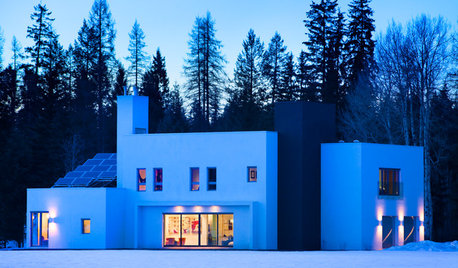
HOUZZ TOURSHouzz Tour: Unexpected and Ecofriendly in Montana
Unabashedly striking against its wilderness backdrop, this home stands out for its abundant earth-friendly features too
Full Story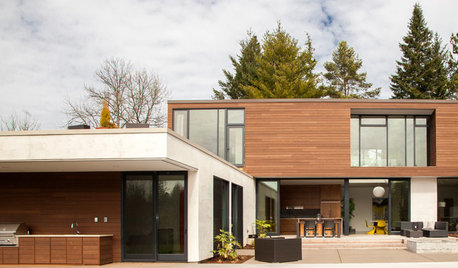
HOUZZ TOURSMy Houzz: Sleek Lines and Innovations in Portland
Behind these airy, contemporary interiors lie high-tech systems that lower utility costs while keeping the family comfortable
Full Story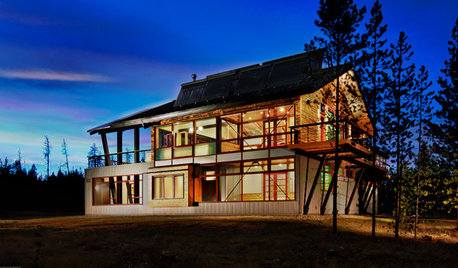
GREEN BUILDINGZero Net Energy: A Hardworking-House Term to Know
Homes that consume only as much energy as they produce by renewable means are a goal for builders. Learn what ZNE means for you
Full Story





ionized_gw
SpringtimeHomes
Related Professionals
Elizabeth Solar Energy Systems · Elmwood Park Solar Energy Systems · Frankfort Solar Energy Systems · Richmond Solar Energy Systems · Lake Butler Design-Build Firms · North Bellport Home Builders · Duarte Home Builders · Saint Petersburg Home Builders · Seguin Home Builders · Nashville Roofing & Gutters · Rockville Roofing & Gutters · Tampa Roofing & Gutters · Wilmington Roofing & Gutters · Fitchburg Roofing & Gutters · Winnetka Roofing & GutterskpniehausOriginal Author
kpniehausOriginal Author
ionized_gw
Annie Deighnaugh
Ecomensolar
Kari R